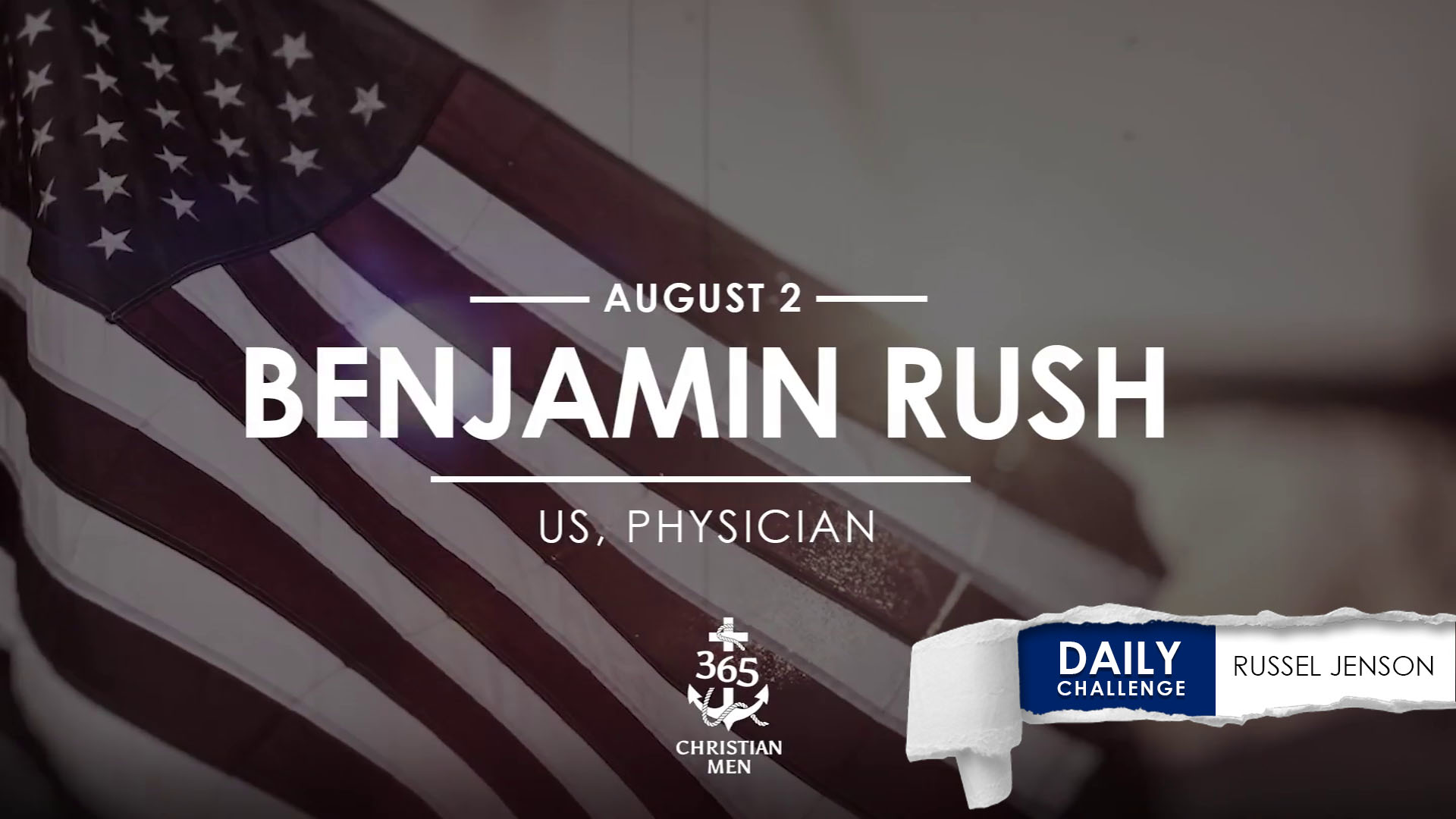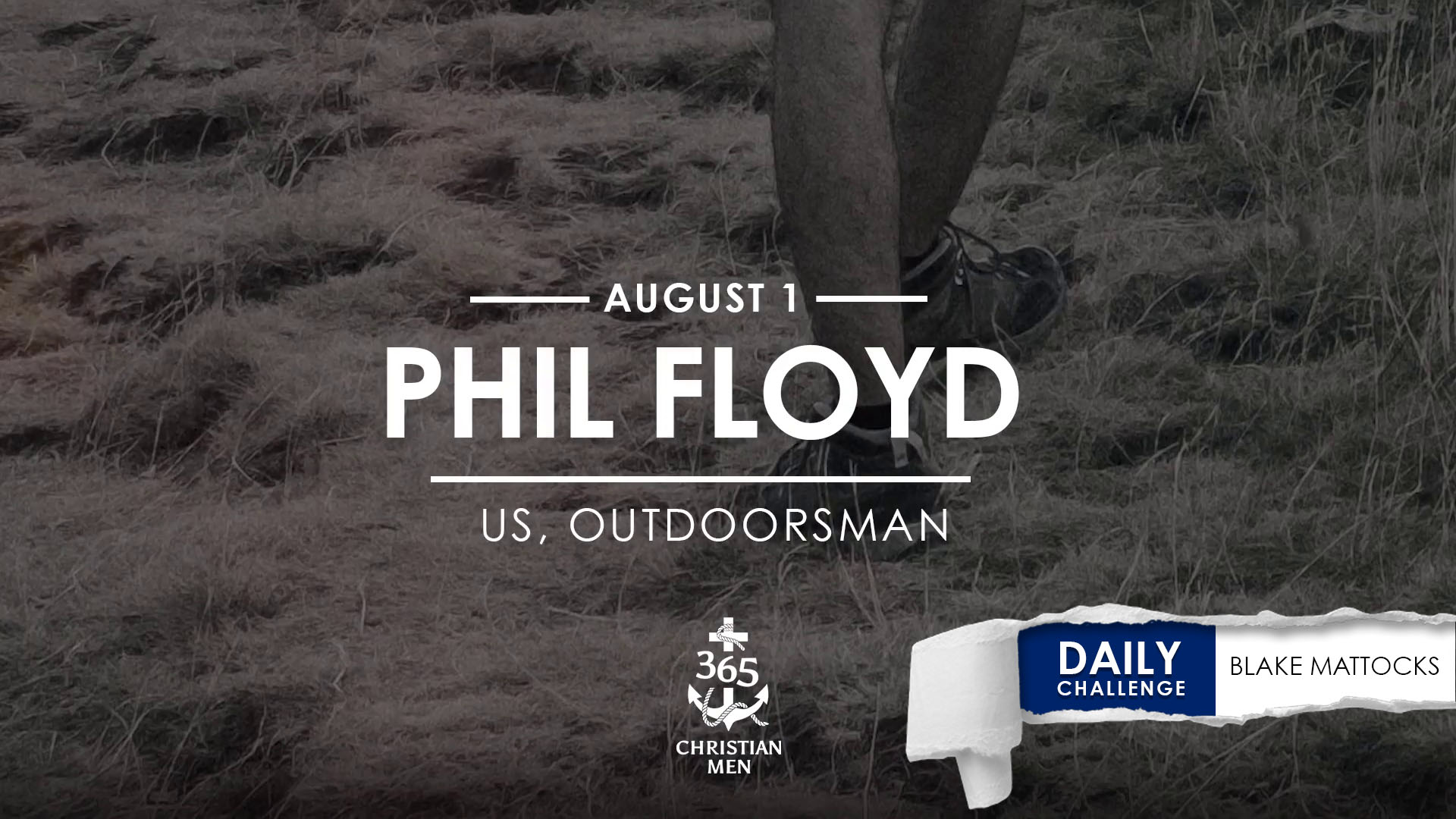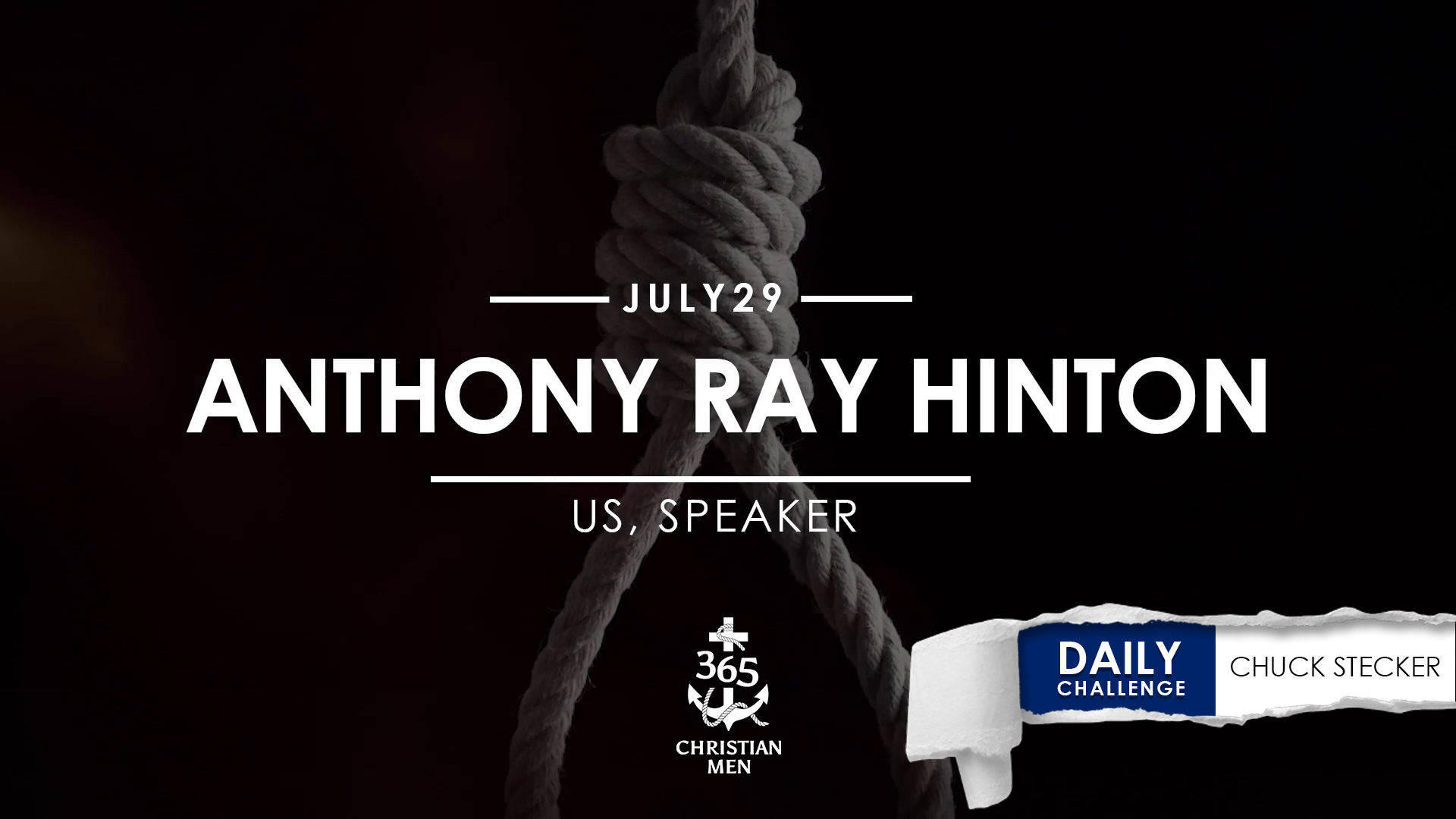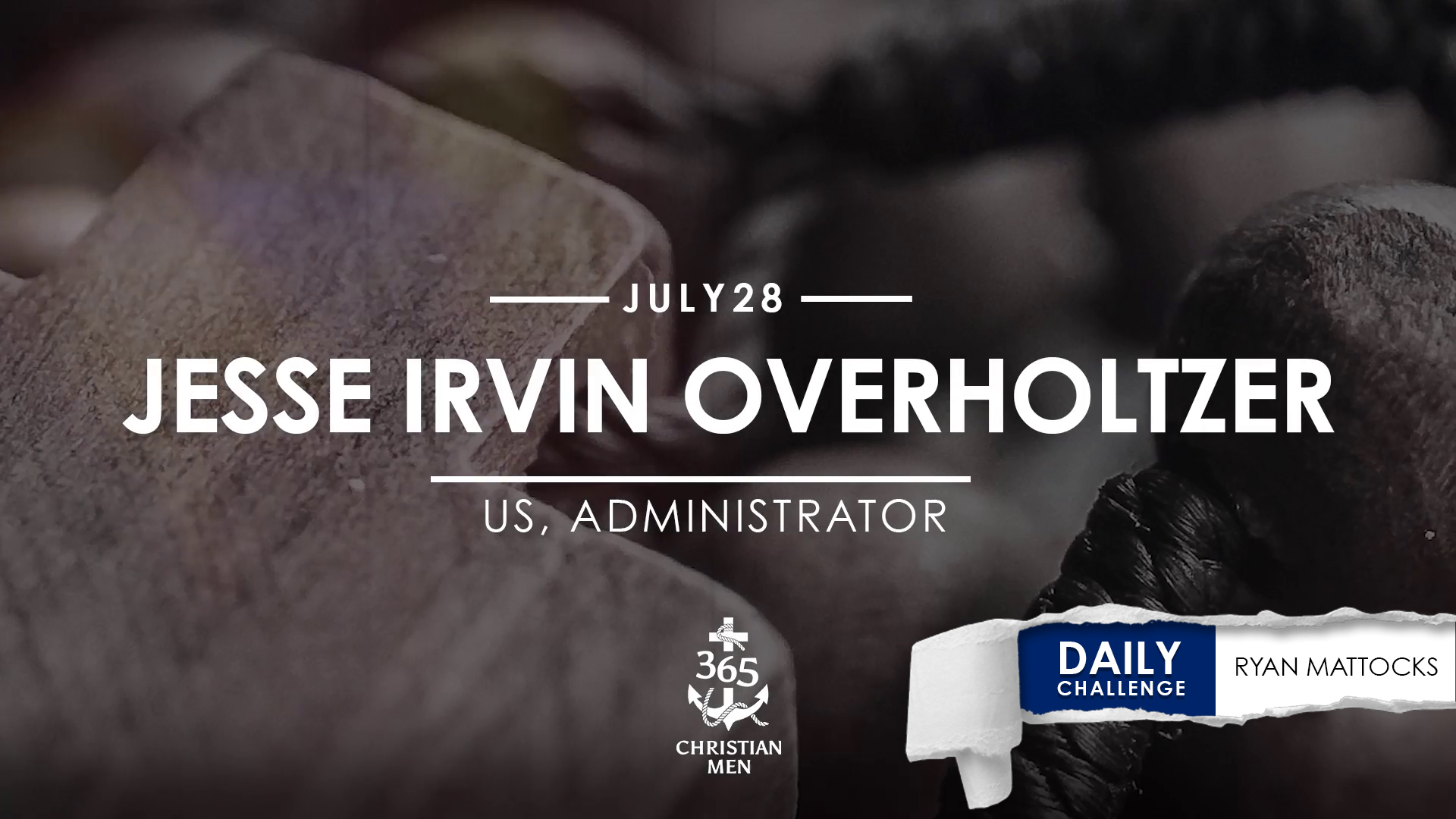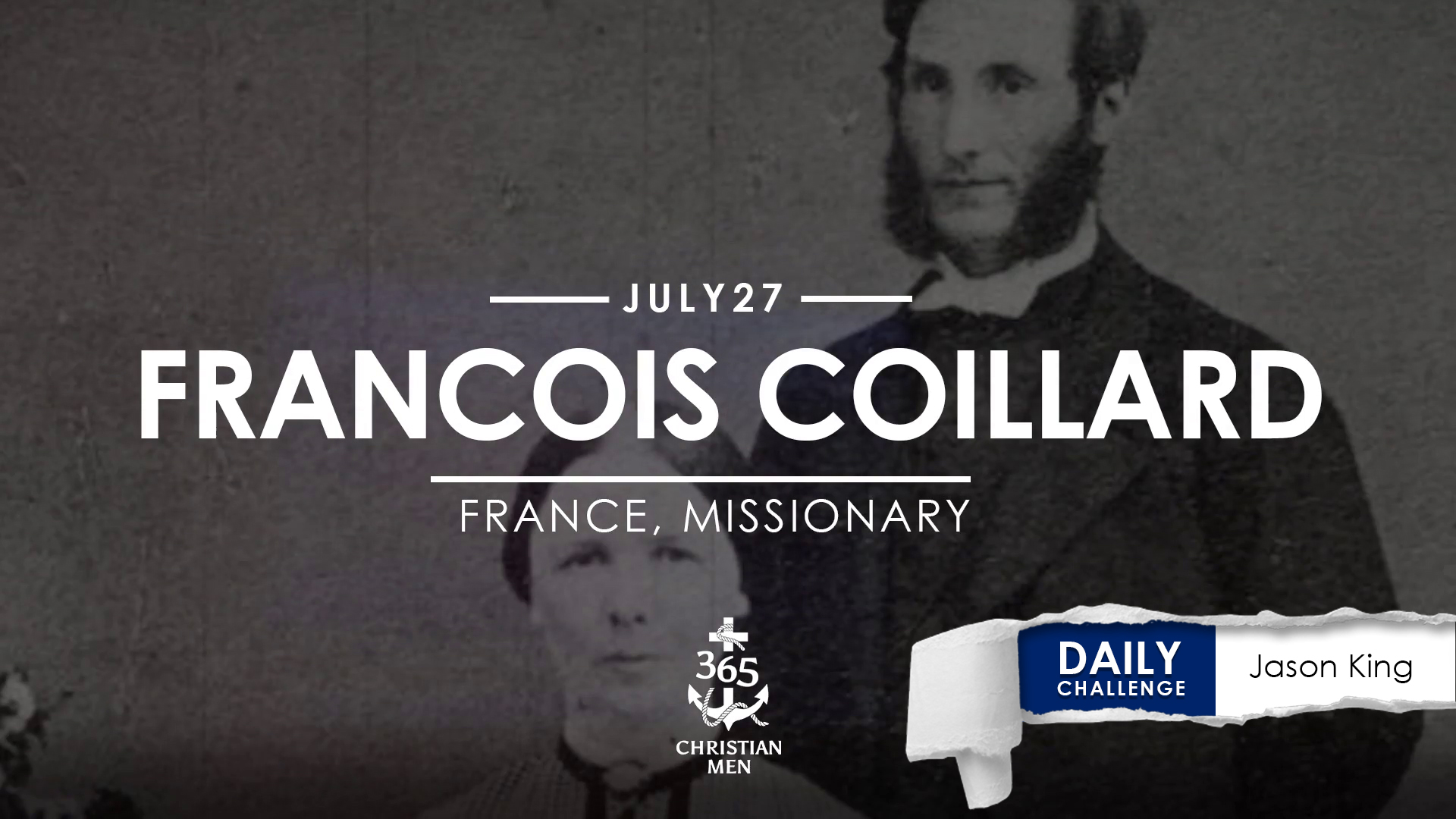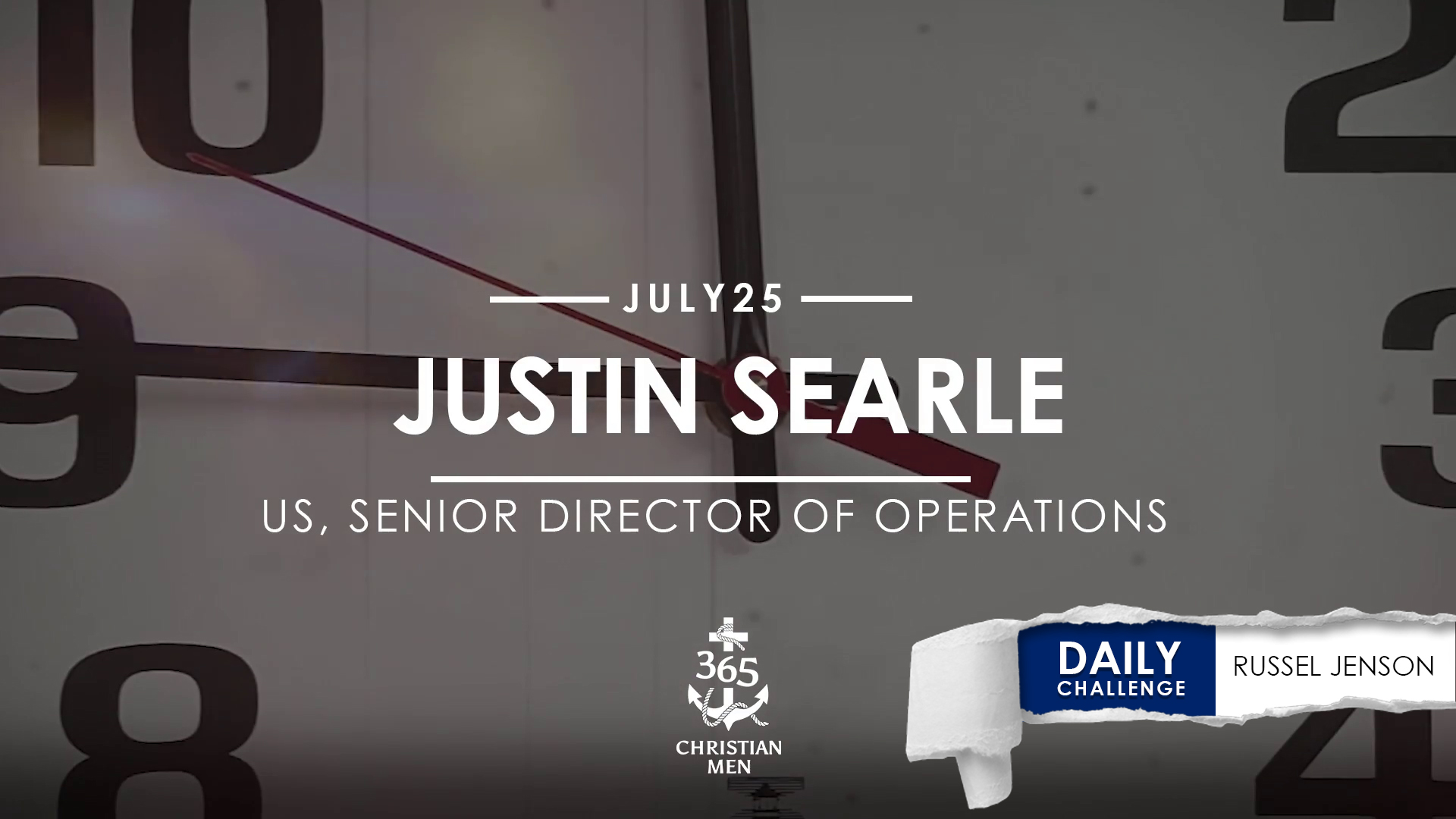August 2. Benjamin Rush. At the age of 23, Rush, the physician, became the first professor of chemistry in America. He also published a tract on the evils of the slavery and helped organize the first anti-slavery society in America.
He was brilliant and accomplished and prolific, but some also called him, “unshakable in his convictions, as well as self-righteous, caustic, satirical, humorless, and polemical.” No, Rush was not perfect, but God did use him.
Rush also founded the first college in America—Dickinson College and educated 3,000 medical students. On this date in 1776, he signed the United States Declaration of Independence.
For a discouraged man, encouragement can be timely.
It looked as if the colonies were going to lose the American Revolution. Benjamin Rush was disheartened.
But during the summer, he had become a member of the Continental Congress and signed the Declaration of Independence. It was a step of faith—an effort to support the cause that would bring freedom to America. The next spring, Rush was appointed physician-in-chief of the military hospital of the Middle Department of the Continental Army.
As the war progressed, Rush had to help on the battlefield. He joined the Philadelphia militia, who supported George Washington. In Bristol, he tended to the soldiers’ health, but more than that, he encouraged the men to stay strong, to remain firm in their duty.
By the time a dreadful winter descended on the area, the excitement of declaring independence had diminished, and the stark realities of war glared. Just before Christmas, Rush met with General Washington near the Delaware River, and Rush could see how discouraged and ragged the Continental Army was. Not enough guns. Treacherous icy weather. Some of the men were fighting barefooted. Some had rags tied around their feet in place of boots. Washington seemed depressed.
Rush listened intently and reminded the General that the Continental Congress supported him and knew that the war had been tough. They had faith in Washington’s leadership.
Washington began to scribble on some papers. At first, Rush didn’t think anything of it, until a single paper accidently fell by his feet. The words on the page were: “Victory or Death.”
The following evening, Washington had to take troops across the Delaware to contain the risk of 1,000 Hessian soldiers. Large chunks of floating ice made the river hazardous to cross. And a heavy snow storm had hit 10 miles south, where Rush had returned to the militia in Bristol.
But the next morning brought miraculous news: Washington had been successful in his crossing and had taken 1,000 Hessians by surprise. Rush also learned the password for the mission: “Victory or Death.”
“Therefore encourage one another and build each other up, just as in fact you are doing” (1 Thessalonians 5:11 NIV).
Listening well is often the key to encouragement. Look for opportunities. For a discouraged man, encouragement can be timely.
Warren, Michael. “Dr. Benjamin Rush: Signer of the Declaration of Independence, education visionary and renowned physician.” America’s Survival Guide. Accessed June 11, 2020. http://www.americassurvivalguide.com/benjamin-rush.php.
Kathryn Glynn. “Benjamin Ross.” The Society of the Descendants of the Signers of the Declaration of Independence. Posted December 11, 2011. https://www.dsdi1776.com/signers-by-state/benjamin-ross/.
Story read by: Joel Carpenter
Introduction read by: Daniel Carpenter
Audio production: Joel Carpenter
Editor: Teresa Crumpton, https://authorspark.org/
Project Manager: Blake Mattocks
Copyright © 2020, 365 Christian Men, LLC. All rights reserved.





